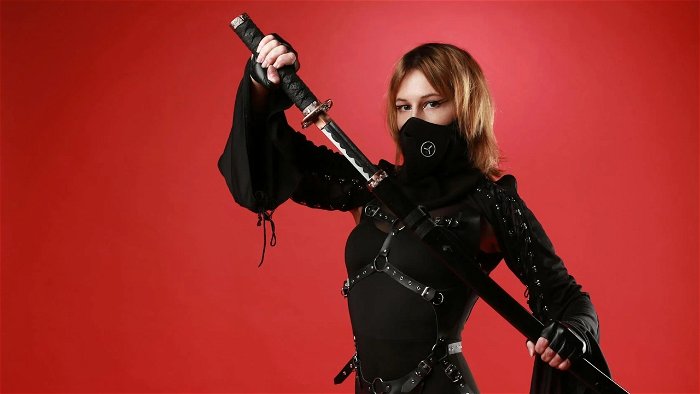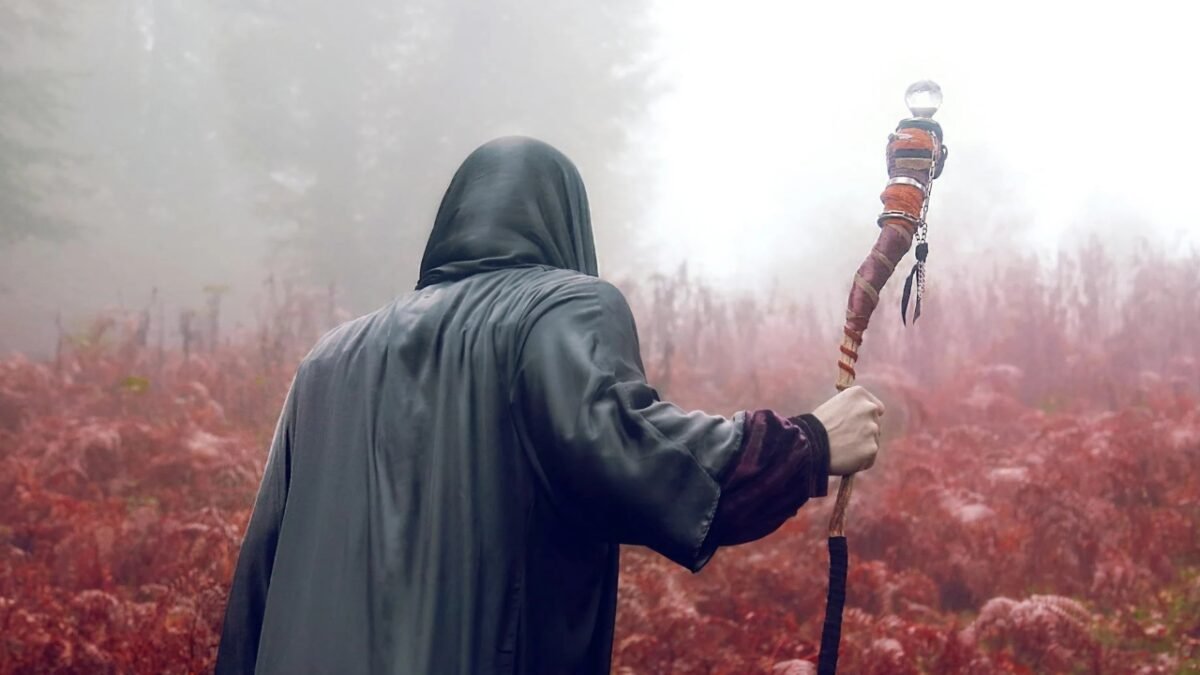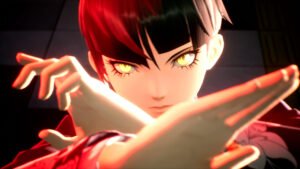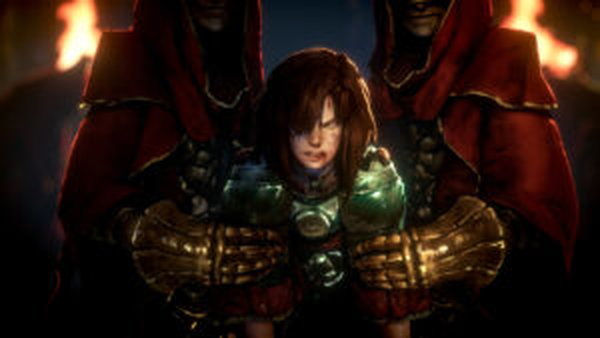When it comes to producing a truly memorable hero, video game developers must pull out all the stops. Oftentimes, ‘hero archetypes’ are reserved for games that include in-depth storylines and long-form narratives. Even the most straightforward games (from Mortal Kombat to Candy Crush Saga) will spend some time on their narrative focus.
But longer games like open-world RPGs, for example, tend to include more characters that are fleshed out. That’s because the game is designed for players to immerse themselves in detailed worlds, making their own decisions as they move toward their ultimate goal. Whether in the farthest reaches of space like Knights of the Old Republic or in fantasy worlds like Zelda’s Hyrule, players expect some level of emotional depth and heroic outlooks.
But which archetypes tend to show up the most? Let’s take a closer look at the most recognizable and most-used archetypes today.
The Adventurous Scholar
The ‘adventurous scholar’ archetype could easily be summarized as the Indiana Jones effect. When George Lucas released his first Indy film, audiences hadn’t seen such a cheeky, intelligent, or daring hero-scholar before. Unlike James Bond types, Indy was fallible—meaning he often had to clean up his own messes. Fast forward half a century, and it looks like the archetype has stuck.
Gaming has Indy-esque heroes in all types of places, from Laura Croft (Tomb Raider) to Nathan Drake (Uncharted). Even Aloy in Horizon Forbidden West carries traits like self-sufficiency, personality, and waywardness in equal measures. In fact, the adventurous scholar archetype has even bled into the world of online slots. Though these games are short-form, they can still pack a narrative punch. Some of the most popular options for players in 2024 are the Book of Dead and Tome of Madness, which follow the adventures of a temple-raider named Rich Wilde.
The Morally Grey Hero
RPGs that focus strongly on realism often present morally complex challenges. This is certainly the case for expansive open-world RPGs like The Witcher 3: The Wild Hunt and Red Dead Redemption. Heroes are thrust into difficult situations in harsh worlds that require them to take on challenging missions with morally questionable outcomes.
It’s important to differentiate here that heroes like The Witcher (aka Geralt of Rivia) and John Marston of Red Dead tend to come out on the ‘right’ side. Though they aren’t afraid to get their hands dirty (or bloody), it’s for the greater good, and each retains a code of honour. That isn’t always the case for heroes in morally grey situations, as we’ll see below.

The Magician/Sorcerer
The magician or sorcerer often takes on a brainy and balanced role. Unlike the adventurous scholar, magicians and sorcerers have paid dearly for their knowledge and expertise—which tends to make them miserly and calculating. On top of that, their moral leaning isn’t often apparent and they don’t care for rules.
Sticking with The Witcher series, Yennefer of Vengerberg is a powerful sorceress who might use her power for good or evil, depending on the situation. In fact, this penchant for light or darkness is felt across the board. Cloud of Darkness, unsurprisingly, is a dark warrior (and boss) from Final Fantasy III, while League of Legends’ Soraka more uniformly uses her powers for good.
The Hero on the Quest for Vengeance
Lastly, we have one of the most morally liberated archetypes on the market: the hero on the quest for vengeance. And there’s no greater iteration than Kratos, who attempts to bring down multiple pantheons throughout the God of War series to avenge his wife. Even John Marston from Red Dead could fit the bill, depending on the gamer’s outlook.
Another fantastic example is The Last of Us Part 2 (spoiler alert below). After the game kicks off with Joel’s brutal murder, Ellie sets out to avenge him. It’s a much more psychological exploration of vengeance which zeroes in on the ultimate purpose of this hero archetype: revealing that vengeance is often futile.



